Service hotline
+86 0755-83975897
Release date:2021-12-29Author source:KinghelmViews:2488
The trend of the logistics industry depends on the significant changes caused by the implementation of technology driven innovation in business processes. The next generation of logistics management solutions are developing towards making the global supply chain more customer-centric and sustainable. The automation of logistics process greatly improves the productivity and efficiency of workflow. The improvement of transparency and traceability of supply chain is very important to maintain the flexible and dynamic relationship among various stakeholders.
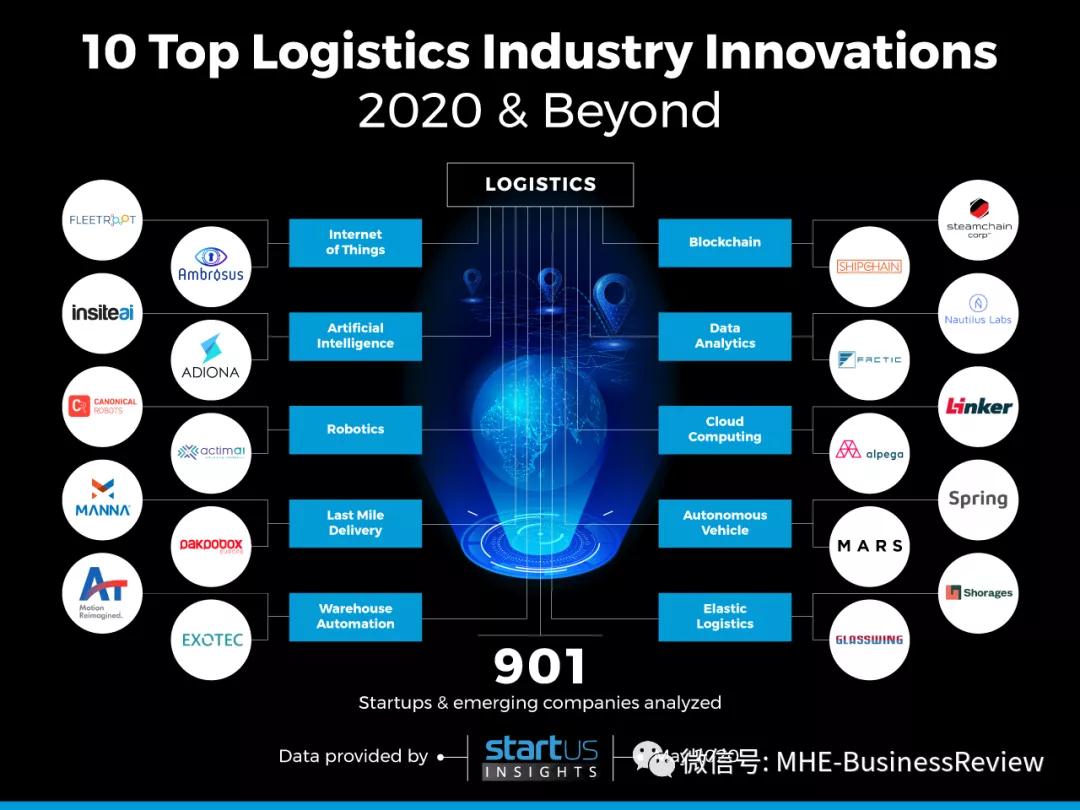
Tree view: top ten logistics industry trends
We cover large-scale start-ups and emerging companies. We use our proprietary startusinsights platform to identify innovative applications and solutions that will affect the logistics industry in 2020 and beyond. Our innovation analysts conducted detailed data-driven research to identify various innovation trends and technologies in the logistics industry. We analyzed 901 start-ups and start-ups and proposed 20 highly relevant solutions for the top 10 trends in the logistics industry.
The following figure illustrates the top ten logistics industry trends that will have an impact on companies in 2020 and beyond. The Internet of things (IOT) plays an important role in the industry, from the establishment of automated warehouses to tracking express deliveries and parcels. Platforms and solutions that support artificial intelligence (AI) continue to learn some cumbersome logistics processes to start automating traditional manual tasks. Relaxing the regulations and usage of UAVs can not only promote the delivery of the last mile, but also promote the robot application of the whole industry.
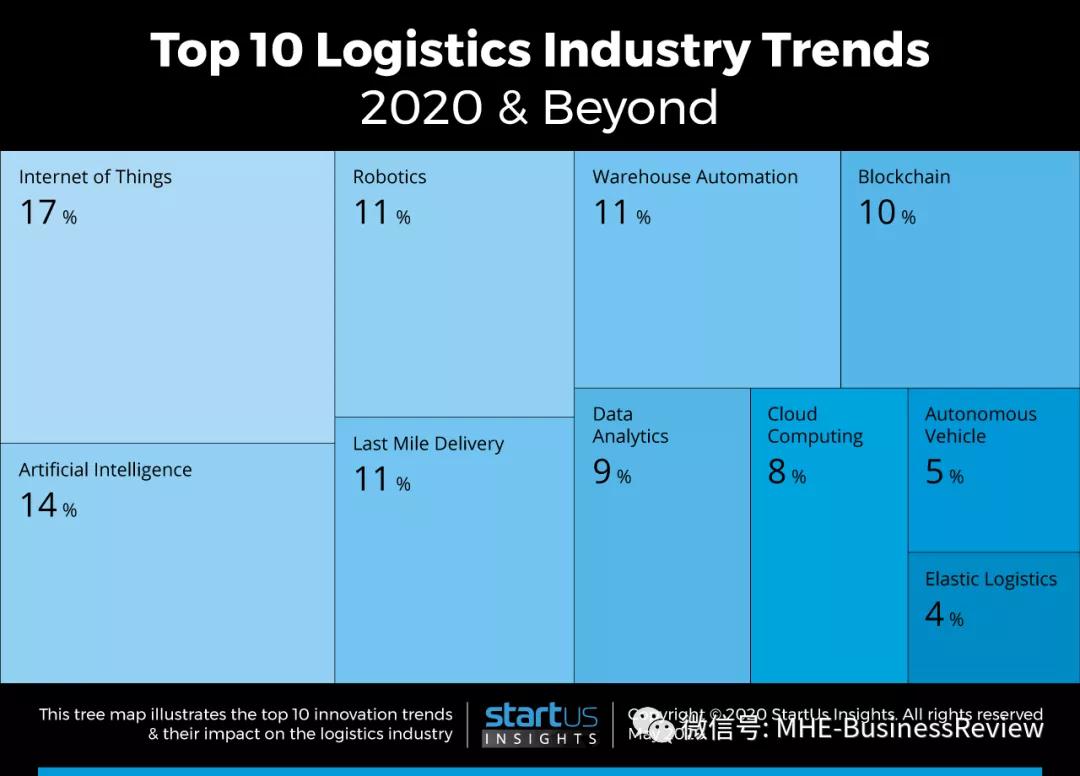
Innovation Map: emerging logistics solutions
The logistics industry is accelerating the adoption of innovative ways and technologies to address existing and novel challenges and propose new use cases.
With the continuous improvement of customer expectations and the transfer of people's interest in product types and personalized services, logistics and supply chain departments are facing increasing pressure. With the rapid development of emerging technologies such as Internet of things, advanced mobile robots and solutions supporting artificial intelligence and blockchain, the company faces a dilemma when choosing the most appropriate technology for investment. With the continuous development of technology, emerging companies should be proactive and find potential destructive changes as soon as possible.
The Internet of things is the connection of physical devices, which can monitor and transmit data through the Internet without manual intervention. The Internet of things in logistics can improve the visibility of all links of the supply chain and improve the efficiency of inventory management. Integrating IOT technology into the logistics and supply chain industry can improve efficiency, transparency, real-time visibility of goods, condition monitoring and fleet management.
Fleetroot – fleet management
Headquartered in the United Arab Emirates, the start-up fleetroot , provides the company with an Internet of things platform to control and manage its fleet. Fleetlot provides fuel management solutions to fleet managers by providing fuel consumption and waste reports. The platform helps to monitor the performance of the vehicle and send serious alerts to the system using sensors and equipment embedded in the vehicle. The data is then analyzed together with historical data to predict and plan fleet maintenance. Fleetroot also provides route optimization and delivery solutions for cargo transportation.
Ambrosus – real time supply chain visibility
Ambrosus, a Belize startup, has built an end-to-end Internet of things network based on blockchain for the food and drug supply chain industry. The network provides tools for analyzing data transmitted between sensors, distributed ledgers and databases to optimize the supply chain. The platform can accurately track the goods in the whole supply chain, so as to ensure the quality and authenticity of products by using blockchain technology.
2. Artificial intelligence
AI algorithm combined with machine learning can help companies actively respond to demand fluctuations. For example, AI based forecasting solutions enable managers to plan supply chain processes and find ways to reduce operating costs. Automatic driving AI and intelligent road technology are developing in a positive direction of service delivery automation. In addition, AI based cognitive automation technology brings intelligence, which can automatically perform management tasks and accelerate information intensive operations.
Insite – demand forecast
Insite, a New Zealand based start-up, provides AI based software solutions for price forecasting, demand forecasting and process and process optimization, mainly to meet the needs of consumer goods packaging (CPG) and retail industries. The software provides modules for risk assessment and demand forecasting to automate process decision-making and control operating conditions. The machine learning enhancement platform provides a tool for collecting and integrating process data in real time. As a result, managers have the ability to provide viable insights into product replenishment.
Adiona – process optimization
Adiona, an Australian start-up, has developed AI based optimization software as a service (osaas), enabling companies to improve their logistics processes and reduce costs. Adiona's flexpops API optimizes static and dynamic delivery routes by addressing vehicle routes and related challenges. In addition, the software can also support fleet decision-making over time by using machine learning technology to predict demand, weather and traffic conditions. The solution also optimizes labor requirements and automatically redeploys.
3. Robotics
Integrating robotics into logistics can improve the speed and accuracy of supply chain processes and reduce human errors. Compared with human beings, robots can prolong normal running time and improve productivity. However, robots do not undertake human work, but work together with them to improve efficiency. Physical robots such as cooperative robots ("co bots") and autonomous mobile robots (AMR) are used to pick and transport goods in warehouses and storage facilities. In addition, software robots perform repetitive, mechanized tasks, saving workers time.
Canonical robots – collaborative robots
Cooperative robots cooperate with human beings to provide help and improve logistics operation efficiency. These robots can pick up, place and package goods in a short time, while eliminating potential human errors. Spanish start-up canonical robots has created a variety of collaborative robots to promote supply chain processes. These cooperative robots have six axis joints, which can promote a variety of flexibility and movements that mimic human arms. In addition, these robots can also help workers with picking and placement, palletizing and packaging operations.
Actimai – robot process automation (RPA)
RPA provides automation of low-level repetitive tasks, eliminates human errors, and reduces overhead. For example, the operations performed by RPA software include invoice processing, automatic storage of information in audit trails, and automatic execution of purchase order input. Philippino startup actimai uses AI and big data to design, deploy, manage and optimize RPA solutions. Startups' actimai platform optimizes software robotics processes to provide insights and analysis to improve processes.
4. Last mile delivery
The last step in the supply chain from the warehouse or distribution center to the customer is usually inefficient and accounts for a major part of the total cost of goods transportation. Last mile delivery is the most important part of logistics because it is directly related to customer satisfaction. However, the delivery of the last mile faces various problems, including delays due to traffic congestion, customer nuances, government regulations and delivery density.
Manna – UAV
UAV delivery solved the traffic jam in the last mile. UAVs have the ability to reach remote areas, thus reducing delivery time and cost. Manna, an Irish start-up, provides UAV delivery services to restaurant chains with its aviation class delivery UAV fleet. Manna's UAV can fly at 80 km / h at an altitude of 80 meters.
Pakpobo – smart locker
Smart lockers give customers the flexibility to receive packages and reduce the challenge of returning the last mile due to customer absence. Pakpobox, an Italian start-up, provides intelligent lockers suitable for indoor and outdoor conditions. Pakpobox has a variety of smart locker configurations, which can be customized for various situations. These smart lockers also provide package security by protecting them from adverse weather conditions. In addition, pakpobox also provides intelligent lockers with temperature control for storing perishable goods.
5. Warehouse automation
Warehouse automation improves efficiency, speed and productivity by reducing manual intervention. Picking technologies such as automated guided vehicle (AGV), robotic picking, automatic storage and retrieval (ASRS) and placement wall picking can reduce error rates and improve warehouse productivity. The warehouse needs to combine efficient automation technology to control its operation logistics cost.
Addverb technologies – AGV
AGV integration in the warehouse helps to automate the handling of goods. AGV replaces labor to meet the challenge of large-scale processing of large quantities of goods. Indian start-up addverb technologies works in dynamo, an AGV used to transport various goods in the warehouse. Addverb offers custom dynamo AGVs with different navigation systems, including laser, inertial, wire and magnetic stripe. Moreover, dynamo needs the least manpower to perform picking operations in the warehouse, or even no manual intervention.
Exotec – automated storage and retrieval system
ASRS helps manage product and material storage in automated warehouses and improves floor area utilization without manual operation, reducing overall operating costs and improving safety. Exotec, a French start-up, built an automatic robot Skypod to optimize e-commerce warehouses. Skypod system optimizes storage space by using vertical storage method, and increases the height in the warehouse by up to 10 meters.
6. Blockchain
Blockchain provides security through an irrefutable decentralized ledger system and solves urgent traceability and related challenges. This brings transaction transparency to the whole logistics process. In addition, smart contracts based on blockchain technology can speed up approval and approval by reducing the processing time of checkpoints.
Steamchain – smart contract
The US based start-up steamchain provides a blockchain platform that simplifies the payment process using its World Trade Logistics (WTL) smart contract system. WTL smart contract realizes B2B payment and prevents fraud by providing constant records of all transactions. In addition to eliminating currency conversion costs, WTL smart contracts also help to minimize the cost of currency fluctuations.
Shipchain – freight tracking
Shipchain, a start-up company headquartered in the United States, has established a logistics platform that uses blockchain technology to support end-to-end transportation processes. The platform allows all stakeholders to track shipping locations at every step of their circulation. The platform also uses encrypted public ledgers to update information about estimated delivery times. After delivery, the photocopies of the documents are uploaded to the platform, so as to improve the visibility and transparency of the goods during transportation.
7. Big data and data analysis
Data analysis provides feasible insights for improving warehouse productivity, performance management and the optimal utilization of logistics resources. Data obtained from monitoring location and weather as well as fleet schedules help optimize routes and delivery plans. Market data analysis supports further optimization of supplier prices, inventory levels and generation of risk management reports. In addition, advanced analysis provides insights to help identify anomalies and provides predictive maintenance solutions.
Nautilus – performance management
Nautilus labs provides AI solutions to help shipping companies reduce fuel consumption and improve operational efficiency. Nautilus software analyzes historical navigation data and predicts optimal speeds and fuel consumption. The cloud based platform also generates ship performance data, which can then help optimize fuel costs.
Factual – specification analysis
Factic, a US based start-up, provides a SaaS platform to provide predictive analysis solutions for the food and beverage industry. Factic uses data mining and AI technology to analyze data from internal and external sources to predict future sales. The platform can predict demand deviation and make data-based decisions to realize automatic procurement. The platform also provides tools to optimize inventory by using automatic replenishment.
8. Cloud computing
Cloud based SaaS solutions for logistics companies allow pay as you go models that require little capital investment. This minimizes the risk and cost of maintaining the IT infrastructure. Cloud based logistics solutions also address communication barriers and allow companies to collaborate and share data in a secure manner. In addition, cloud integration allows data to be collected from management systems to analyze the entire logistics process. Finally, logistics integrated with the cloud provides universal accessibility and is not limited to any physical space.
Linker – cloud platform
Linker, a Polish start-up, works on the B2B cloud implementation platform, which provides logistics services for e-commerce companies and third-party logistics (3PL) participants. The platform provides tools to enhance product labeling and delivery services while digital transportation. The linker provides tools for implementation in warehouses and delivery facilities. The platform solution also adopts the pay as you go model.
Alpega – cloud TMS
Alpega, a Belgian start-up, has created a cloud based SaaS INET transportation management system to meet end-to-end transportation needs. The software solution enables real-time communication between manufacturers and a wide network of logistics suppliers. In INET, electronic TMS automates logistics processes and integrates transportation needs into a single system. The software solution also provides tracking of shipments through mobile applications. The cloud platform allows alpega to release upgraded software to customers every quarter, while the local software after the annual update cycle is not so convenient.
9. automatic driving vehicle
By eliminating human errors in driving, automatic driving can improve vehicle safety and transport goods safely. They are designed to work around the clock, thus improving the efficiency of first mile and last mile delivery. In addition, driverless vehicles improve fuel efficiency by using loading and unloading planning technology for long-distance routes, reduce traffic congestion, and optimize driving routes by using AI enhancement technology.
Spring – autonomous fleet
Spring, a German start-up, offers springx1, an autonomous multi-purpose fleet for transporting goods through predictable intelligent systems. Spring's autopilot is equipped with modular trailers that can be used in many applications. These modules can be customized according to their applications (e.g. mobile lockers, food and goods delivery).
Mars Auto - autopilot Automotive Software
Mars Auto, a Korean startup, has developed an autopilot software to provide driverless transportation. AI based software provides tools for mapping the environment, controlling and guiding the vehicle to the correct cargo compartment. The software can help freight companies transport goods in an efficient, reliable and safe manner without manual intervention.
10. Flexible logistics
Flexible logistics enables companies to handle supply chain operations more efficiently during demand fluctuations. According to the market demand, it helps to expand or narrow the supply chain operation on demand. Flexible logistics thus solves the challenges faced by supply chain companies, including insufficient vessel utilization, warehousing restrictions and excessive inventory.
Shorages – on demand warehousing
Shorages, a start-up company headquartered in the United Arab Emirates, is a B2B on-demand warehousing market serving small and medium-sized enterprises (SMEs). Shorages helps companies find short-term storage needs from a wide network. On the one hand, the platform allows owners to rent unused space in the warehouse to meet short-term needs. On the other hand, they provide customers with pay per use and on-demand storage and distribution services.
Glasswing – on demand delivery truck
Glasswing, an Indian start-up, provides a variety of commercial vehicles for on-demand freight transportation. The logistics service network formed by the glasswing platform is connected with the transportation owner. The start-up company also provides solutions such as real-time tracking, route optimization, freight security, customized reports, real-time alerts, and helps reduce freight costs by using AI enabled technologies.
What does this mean for logistics companies?
This research on 10 trends in the logistics industry outlines the areas of innovation, which is the surface of what we found in our analysis. Logistics as a service, cloud logistics, digital identifier and additive manufacturing are all areas that will have a significant impact on logistics companies in one or more ways. Identifying new opportunities and emerging technologies that can be implemented in your business as soon as possible has a long way to go to gain a competitive advantage and become an industry leader.
This article is reproduced from“Huaqing Chengyun”, support the protection of intellectual property rights. Please indicate the original source and author for reprint. If there is infringement, please contact us to delete
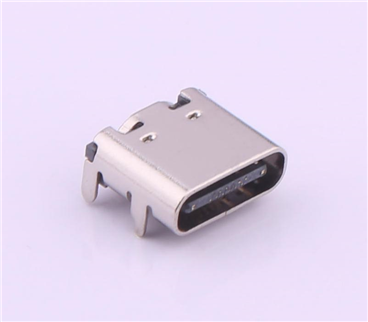
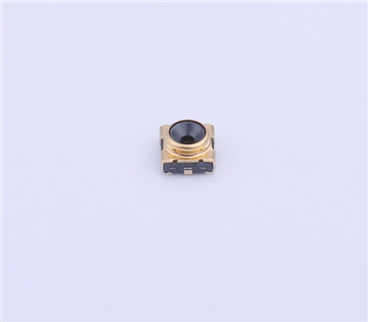
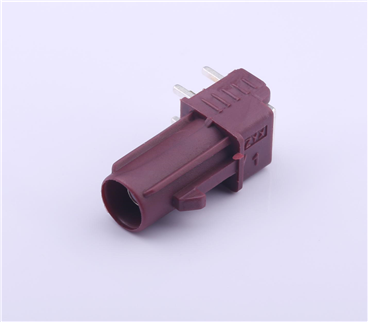
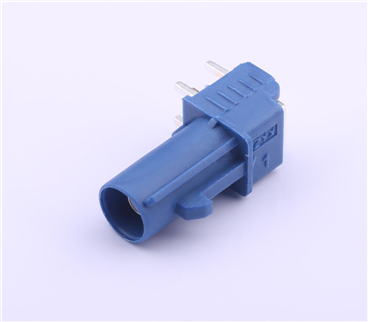
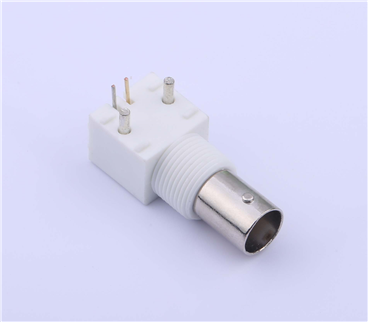
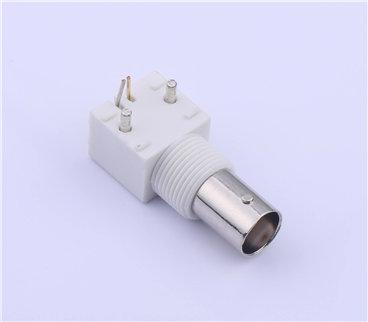
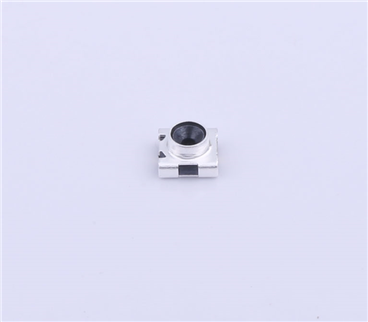
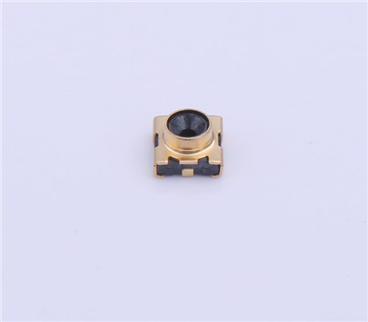
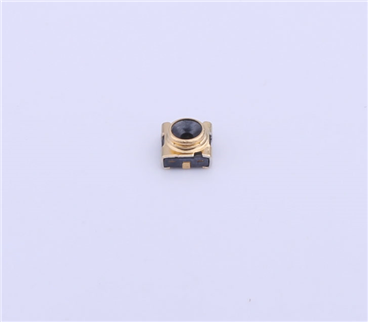
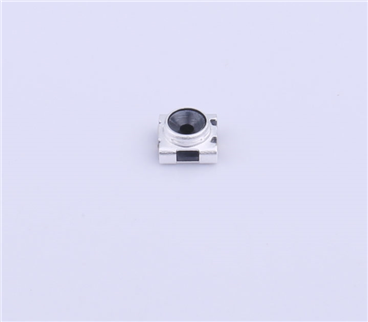
Copyright © Shenzhen Kinghelm Electronics Co., Ltd. all rights reservedYue ICP Bei No. 17113853